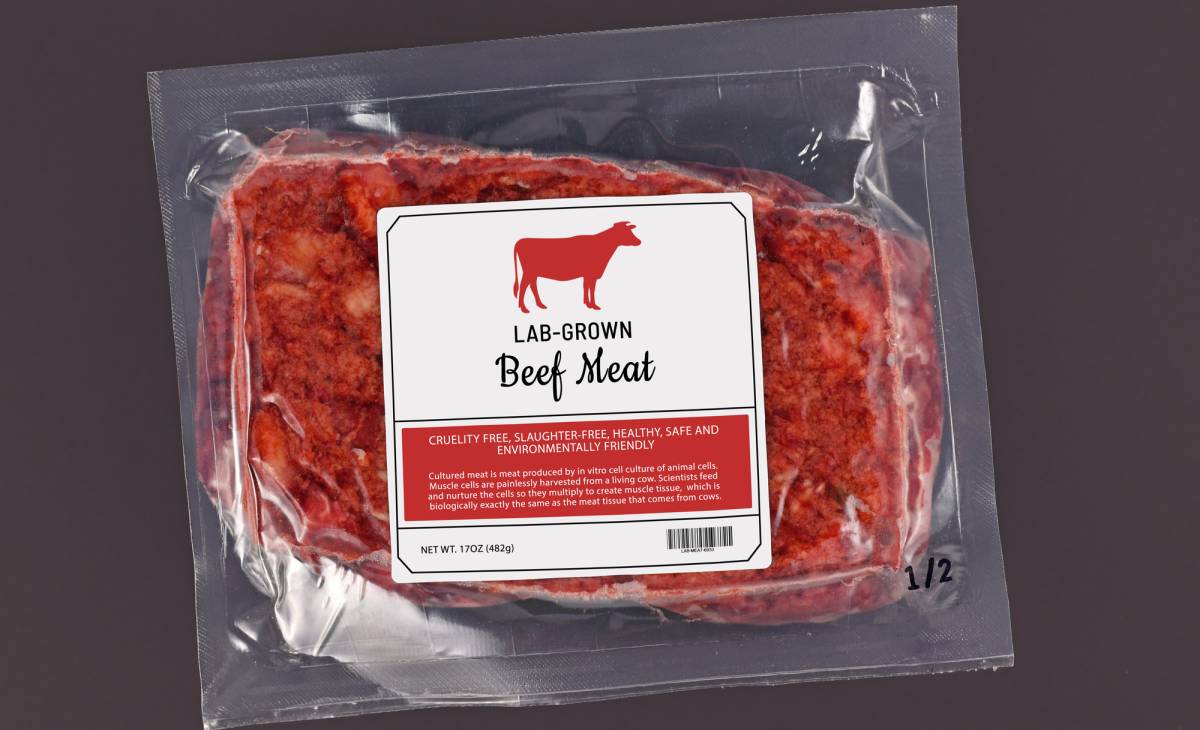First international consultation on the safety of cell-based foods
The Food and Agriculture Organization of the United Nations (FAO), in collaboration with the World Health Organization (WHO), has recently gathared 24 experts of cell-based food - from the public and private sectors, academia, research and non-government organizations from 15 countries - to discuss the potential food safety issues related to these foods.
After a 3.5-day meeting, the experts concluded that cell-based foods can pose the same risks of conventionally produced food: the occurrence of microbiological contamination, chemical residues or by-products during production or processing.
However, regarding microbial contamination, the experts agreed that if the product has reached expectation for harvest, that means that contamination did not occur during the production process (otherwise it would have inhibit cell growth), but still could happen post-harvest (as in any other food products).
The technical panel highlighted taht good hygienic practices, Hazard Identification and Critical Control Points (HACCP), and other risk mitigation tools can be applied to this production methods as they are in conventional food production.
The experts underlined how important it is to draw up food safety assurance plans that take into account the use of materials, inputs, ingredients and equipment that can be specific to cell-based food production. Even if these applications can be relatively new, the experts concluded that current preventative measures and safety assurance tools will be appropiate to control such hazards.
It is not a coincidence that the meeting was held in Singapore, as the Government of Singapore is the first country to approve a cell-based food product. To do so, Singapore developed a checklist for conducting food safety assessments of the products, and later issued a policy document, which includes guidance for developers and companies to adhere to the regulatory requirements and registration.
In this first global expert consultation on cell-based food with a specific focus on food safety considerations, it became evident the lack of appropriate terminology for this type of food, especially considering the impact it can have on consumer perception and how relevant it may be for regulatory requirements (e.g. labelling). The panel recommends that food safety competent authorities consider choosing the appropriate terminology, taking into account the different cultural, social, geographical contexts around the world.
A report based on the results of the expert consultation will be published in early 2023 as part of greater efforts to facilitate understanding and management of these new food products.
Source:
https://www.fao.org/food-safety/news/news-details/en/c/1615562/






















